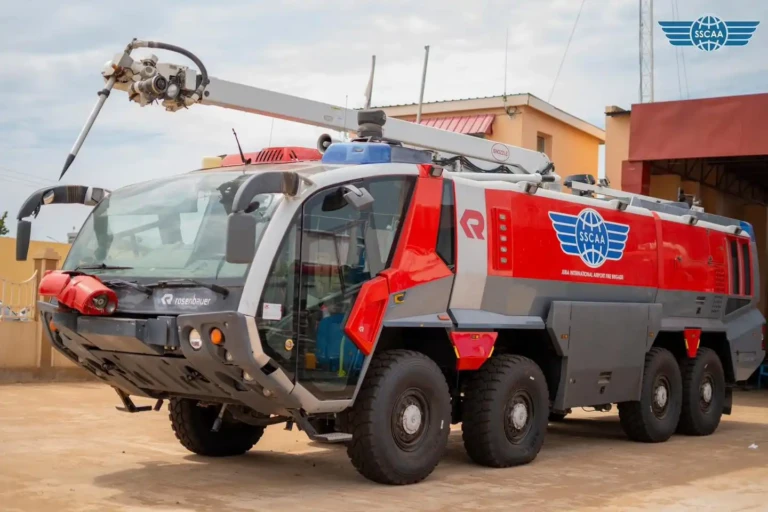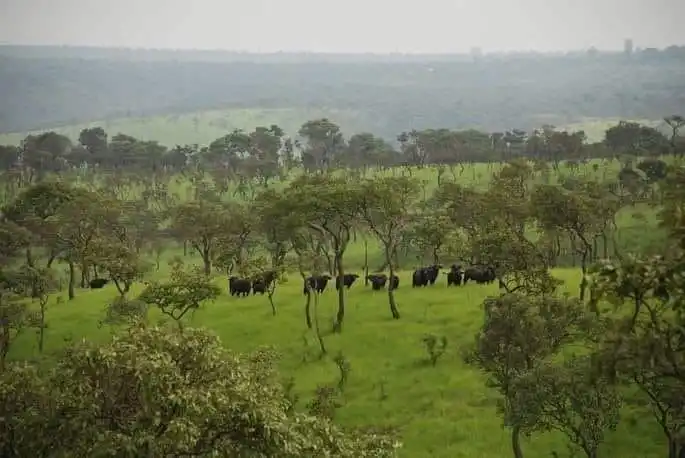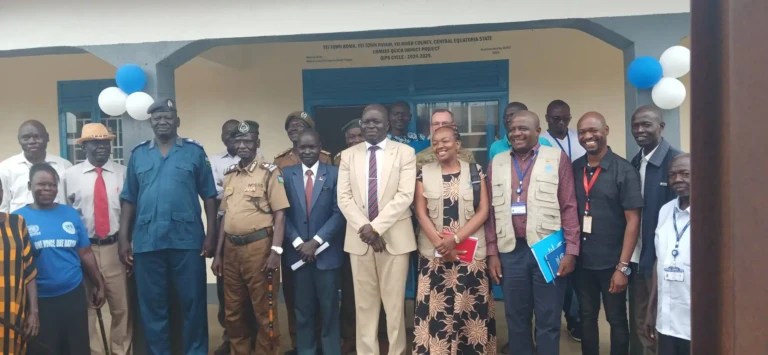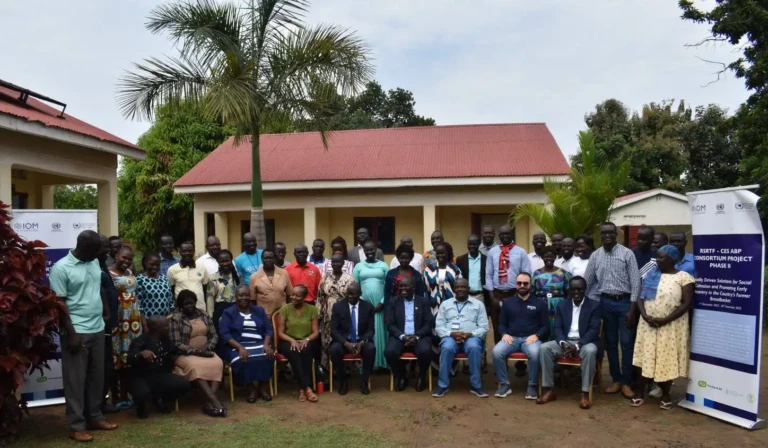
Rising violence and escalating tensions in South Sudan have prompted several countries to issue travel warnings for their citizens, with Türkiye recently joining the growing list of nations advising against nonessential travel to the region. The Turkish Embassy in Juba has issued an advisory following a surge in armed confrontations, urging Turkish nationals already in South Sudan to stay in touch with embassy officials. The violence has spread to the outskirts of the capital, Juba, raising concerns about the potential for further instability across the country.
South Sudan, which became the world’s newest country after gaining independence from Sudan in 2011, has faced ongoing unrest since late 2013, when a political conflict between President Salva Kiir Mayardit and former Vice President Riek Machar led to a brutal civil war. Despite peace agreements in 2018 and again in 2022, the country continues to experience outbreaks of violence, political instability, and ethnic tensions.
In February, the White Army, a militia group associated with Machar’s Nuer ethnic group, captured a town in the Upper Nile State. In response, the South Sudanese government detained several high-ranking members of Machar’s Sudan People’s Liberation Movement-in-Opposition (SPLM-IO), further escalating concerns of renewed conflict.
On March 7, President Kiir publicly called for calm, reassuring the nation that his government would not allow the country to descend back into war. However, just days later, reports emerged indicating that Riek Machar had been placed under house arrest, leading to fears of increased political instability and uncertainty within South Sudan and in the region.
Türkiye’s warning to its citizens follows similar advisories issued by several other countries, including the United States, Canada, the United Kingdom, Germany, China, Norway, Poland, Spain, Malaysia, and Austria. These nations have expressed concern not only over the potential for armed clashes but also the challenges associated with offering consular support, particularly in remote or conflict-affected areas.
The travel warnings highlight several dangers for potential travellers, including armed attacks, looting, and movement restrictions, especially in regions near active conflict zones. In addition, South Sudan’s inadequate infrastructure, limited communication networks, and overstretched healthcare services would make evacuations and medical responses extremely difficult should the violence worsen.
South Sudan’s recurring cycles of unrest have made it a challenging destination for international engagement, whether for tourism, business, or humanitarian work. Despite its potential for development and cultural richness, the ongoing instability has deterred many investors and visitors, further hindering the country’s ability to stabilise and grow.
For those already in South Sudan, embassies are advising increased caution, limited travel, and continuous monitoring of official communications. Travellers are encouraged to stay connected with their diplomatic missions and register their travel details to ensure their safety.
The situation remains fluid and unpredictable, with key political figures detained, armed groups active across the country, and mounting international concern. South Sudan’s fragile peace continues to be under threat, leaving its future stability uncertain.
Discover more from Access Radio Yei News
Subscribe to get the latest posts sent to your email.







